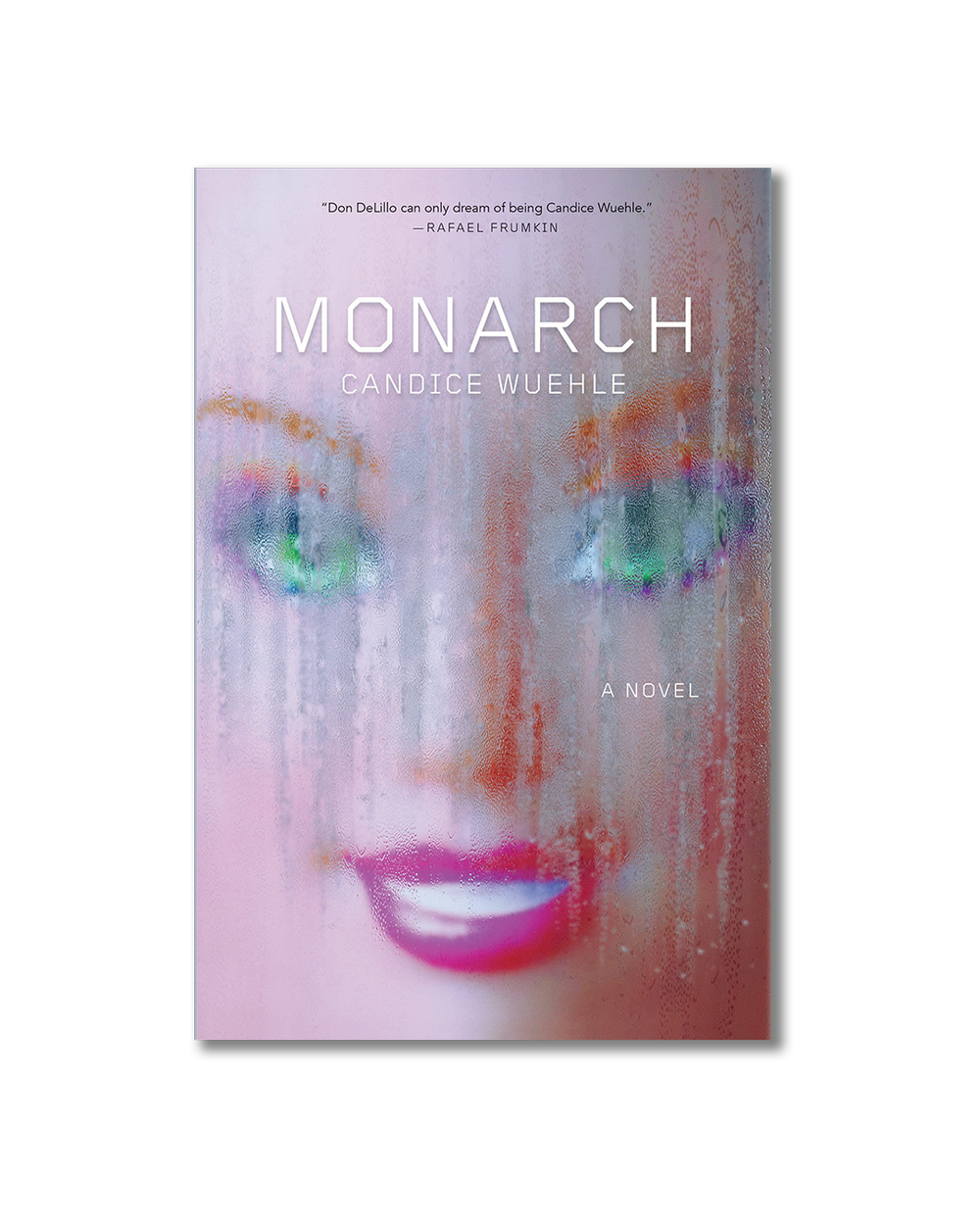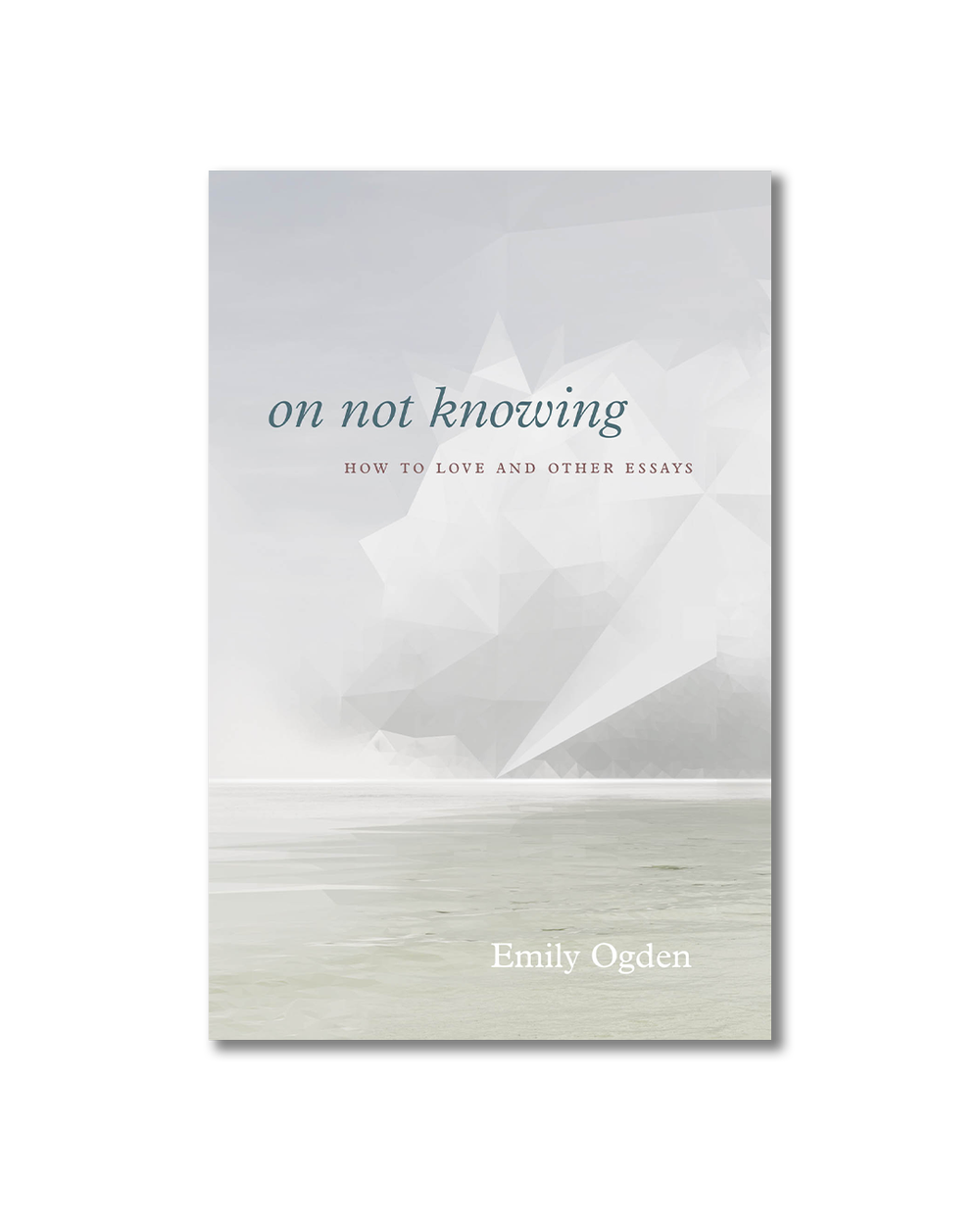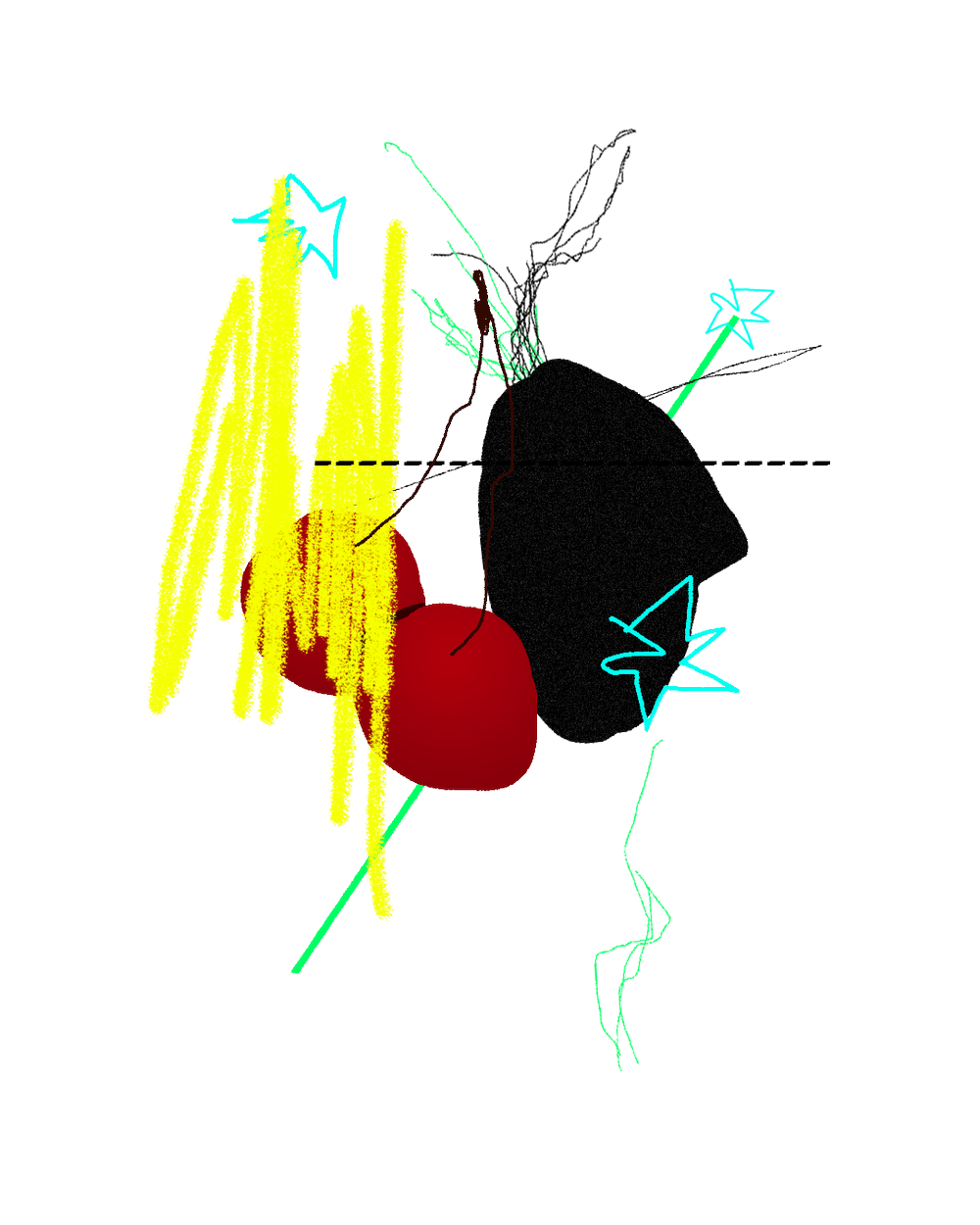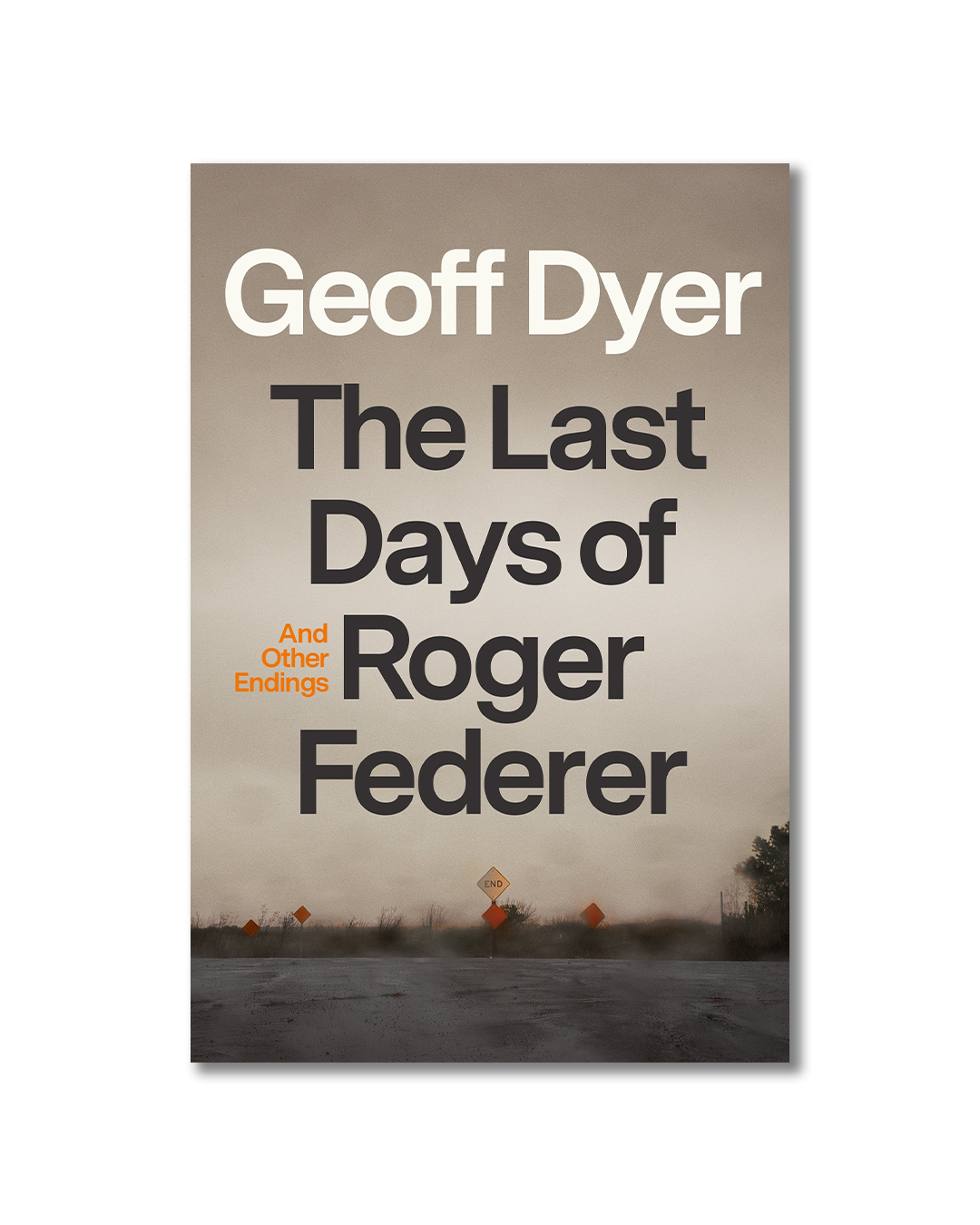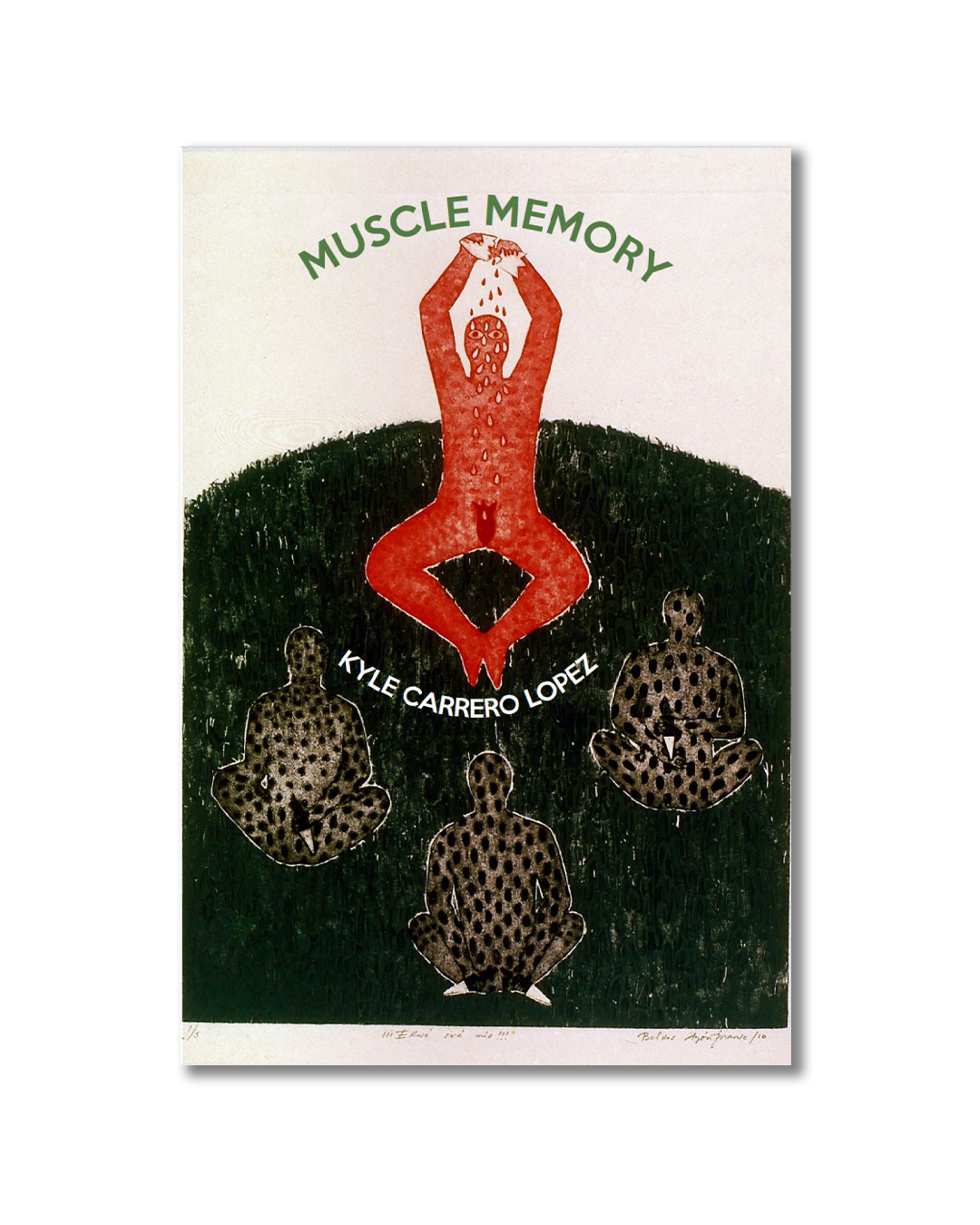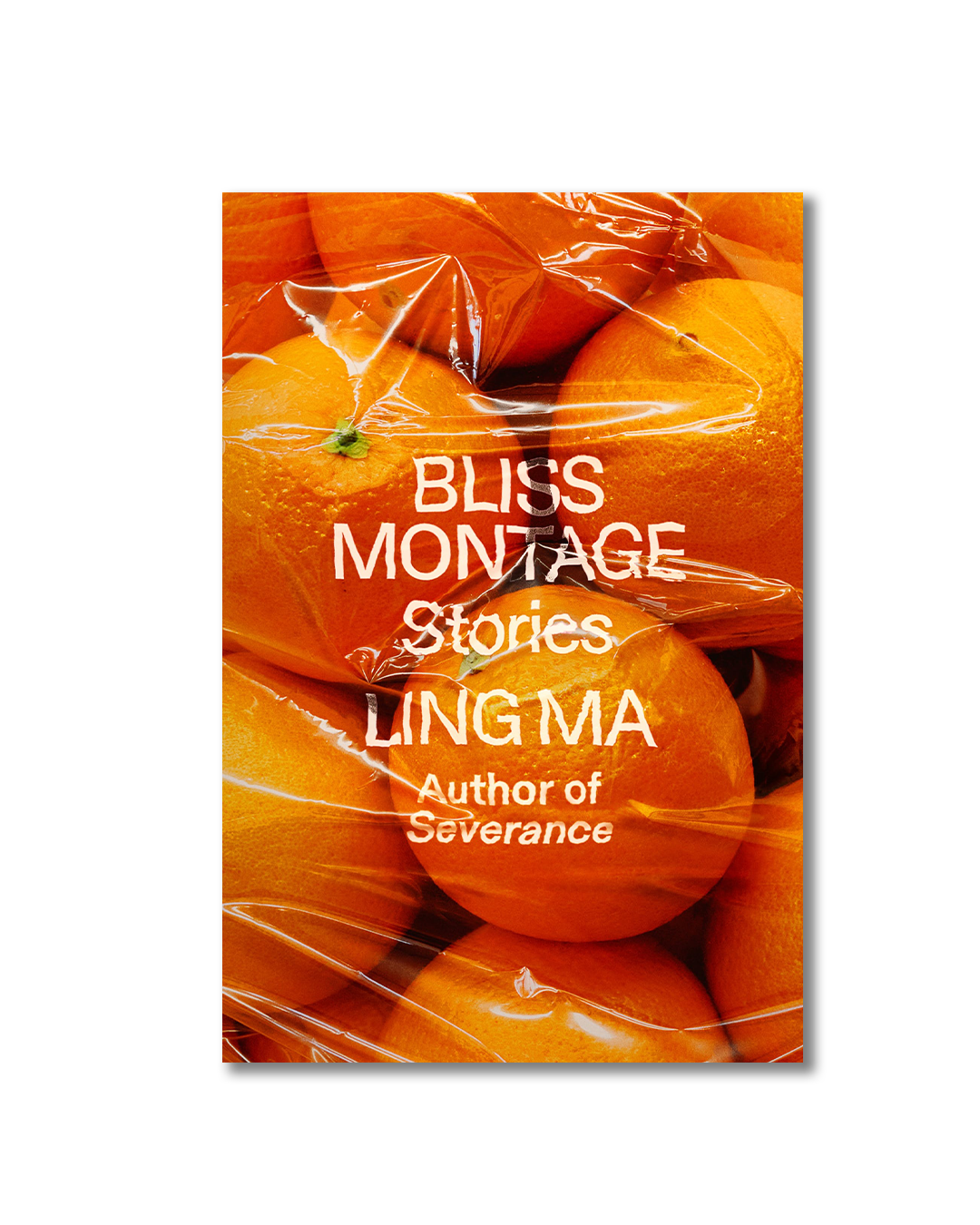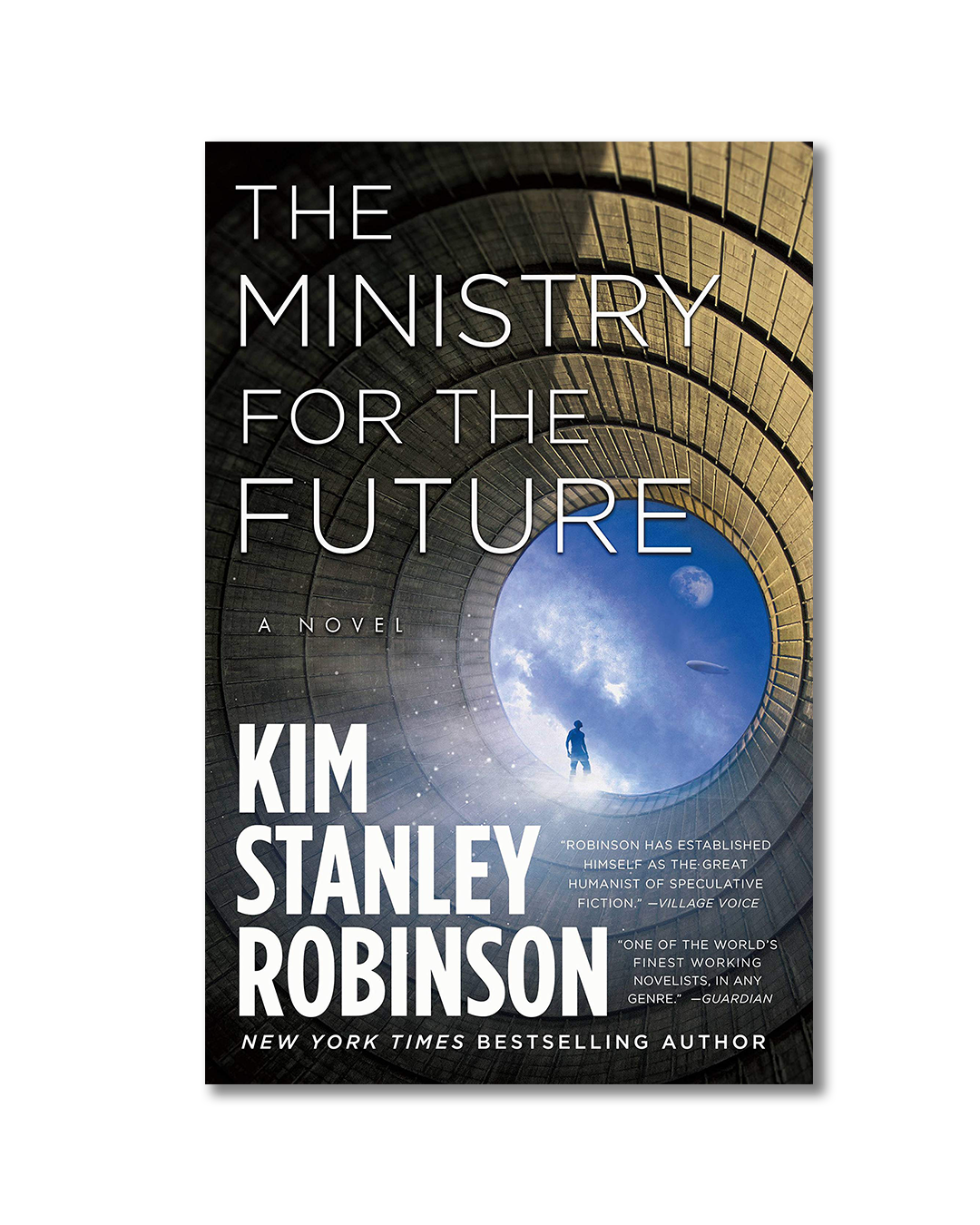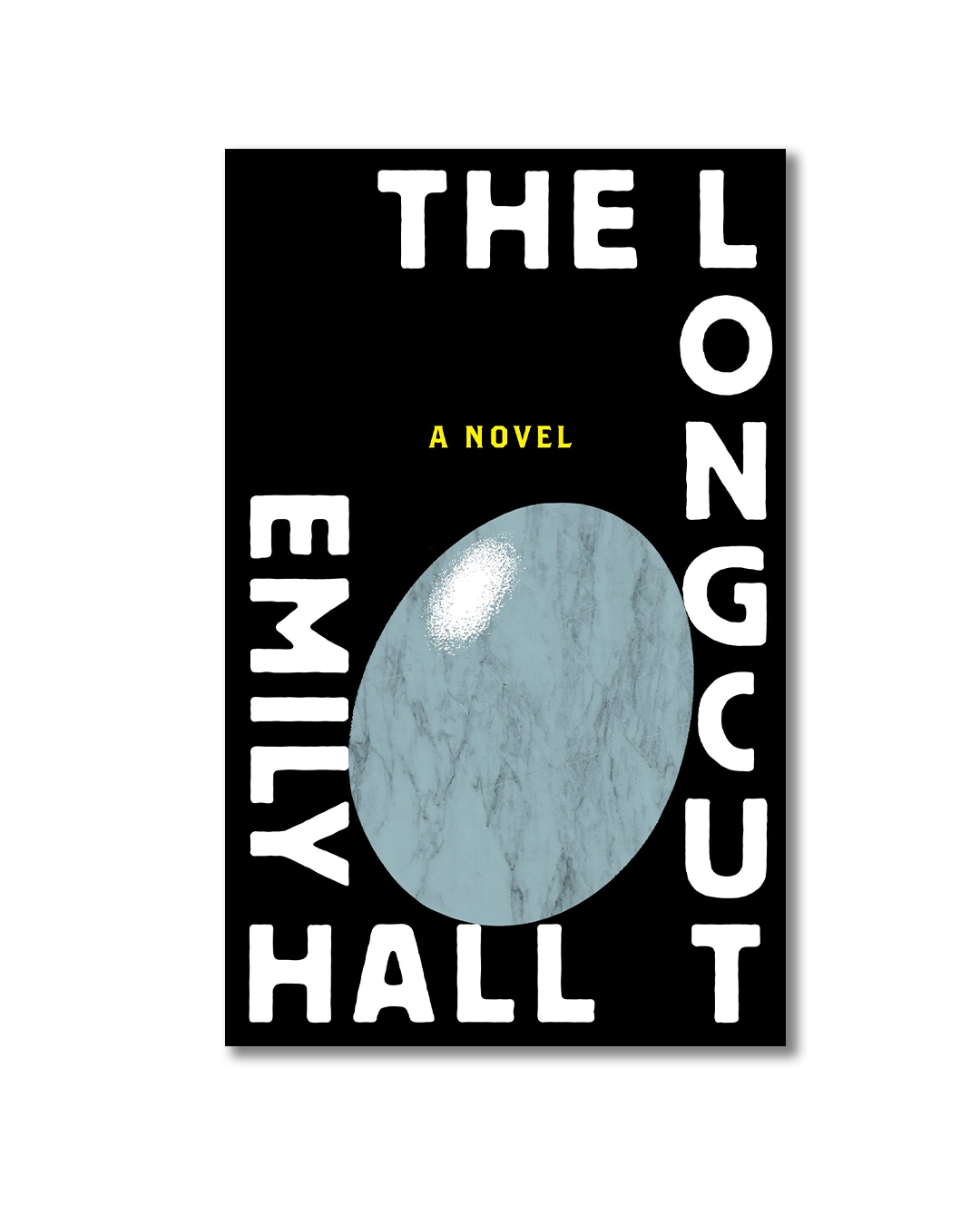On Masks: With Candice Wuehle’s “Monarch”
Every day, a new uncovering. People, places, and ideas are revealed to no longer be what they’d seemed to be.
A Work of Love: On Emily Ogden's "On Not Knowing"
Defenses of liberal arts education seem a dime a dozen these days.
Fourth Installation: On Rachel Mannheimer's "Earth Room"
At the Earth Room exhibit—Walter De Maria’s interior earth sculpture made from 250 cubic yards of dirt and 3,600 square feet of floor space—no photos are allowed, admission is free, food and drink should be nowhere near the gallery.
Graphic Scores: The Chapbooks of The Offending Adam
In terms of words that slice two ways, “graphic” is distinct.
Interrupting the Monologue: On Nicholas Stump's "Remaking Appalachia"
A sacrifice zone is a wasted place, or a place deemed worth wasting.
Childhood Reclaimed: On Hilary Mantel’s "Learning to Talk"
You remember a fragment of childhood horror. You’re on the day camp bus, and your seatmate decides to punch you, hard, in the thigh.
Ways of Ending: On Geoff Dyer's "The Last Days of Roger Federer"
Early departures, surprise comebacks, protracted witherings, late holdings-on: all different ways of ending things.
Banned in Belarus: On Alhierd Baharevich's "Dogs of Europe"
Baharevich’s creation is mostly known, if at all, to anglophone audiences through its play-adaptation, which is quite a shame.
The Notion of Distance: On Shangyang Fang's "Burying the Mountain"
“It’s Fang’s struggle to give form to his own unsettledness that imbues his poems with their relentless pathos, sensuality, and elegance.”
Departing from the Standard Solo: On Brenda Miller and Julie Marie Wade’s “Telephone”
This book, then, is a challenge to the status quo, and its lyrical diptychs prove the collaborative enterprise to be a success.
The Rough Edges of Identity: On Kyle Carrero Lopez's "Muscle Memory"
Sometimes the interesting stuff happens at the edges, where categories bump and scrape against each other.
Kaleidoscopic Structures: On Ling Ma's "Bliss Montage"
Ma takes these mundane episodes and turns them into dreamscapes of subtly fractured logic and absurd literalism.
Fiction of Our Climate: On Kim Stanley Robinson's "The Ministry for the Future"
Because inequality threatens stability only in certain political systems, and because people can’t agree on morality, inequality by default becomes considered an economic rather than a political or moral problem.
Amor Fati: On Selina Mahmood's "A Pandemic in Residence"
As an Emergency Medicine resident working in NYC’s ERs, for me, fear is no longer the dominant emotion that COVID provokes.
Meaning at All: On Emily Hall's "The Longcut"
The resilience needed to seek instead of believe, an author imbibing the world and the self openly, this is what impresses most in Hall’s debut.
A Light Artist
The ambulatory novel—positioned as it is between the flaneurial and the loco-descriptive—is generally a solitary affair.
The Best Pieces from Different Skeletons
Of the five million people who walk through the doors of the American Museum of Natural History each year (pre-pandemic figure), few probably give much thought to Kansas.
Excavating Memories: On Suzanne Roberts’ “Animal Bodies”
“The essay is a transgression,” begins Suzanne Roberts’s collection of personal essays, Animal Bodies.

